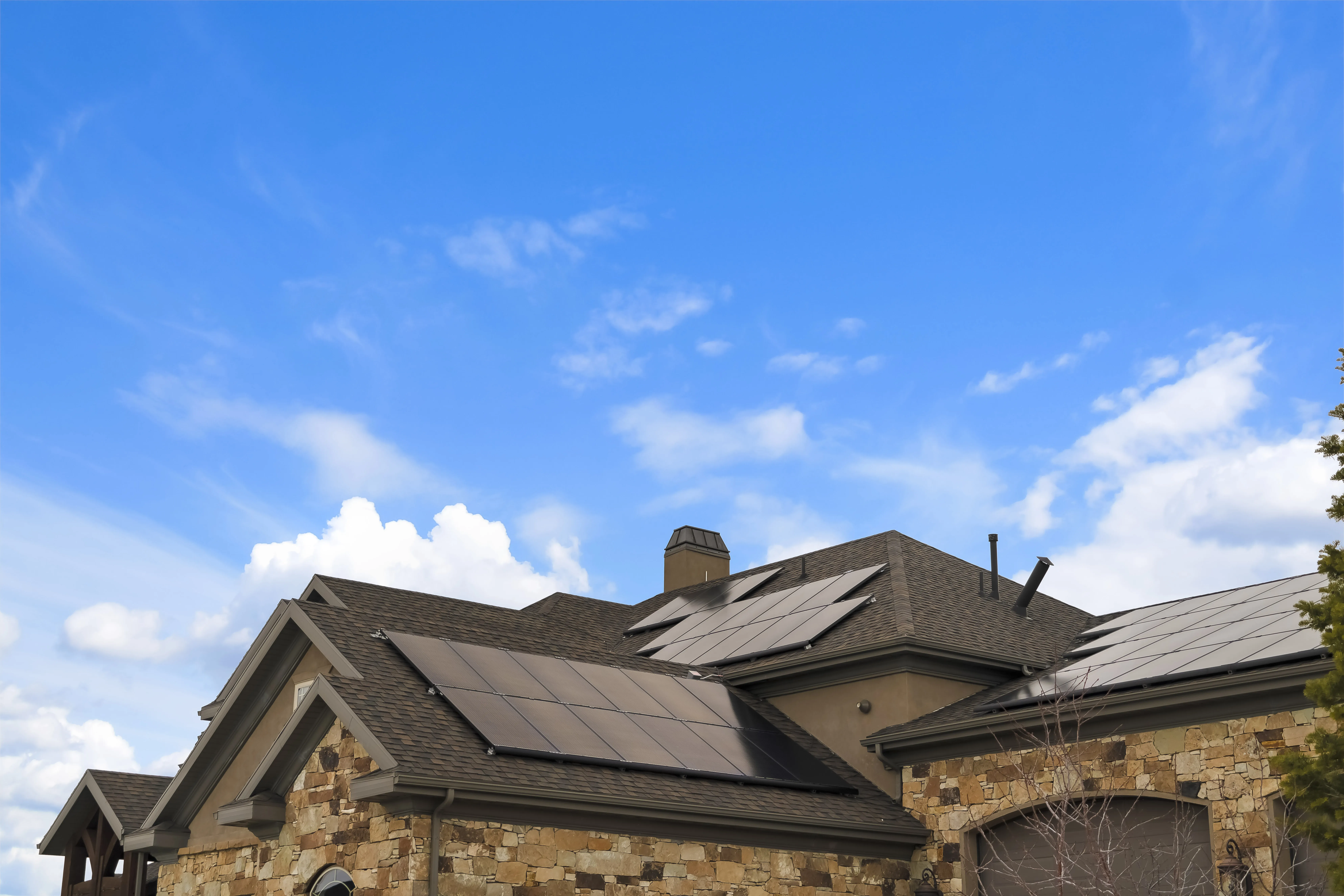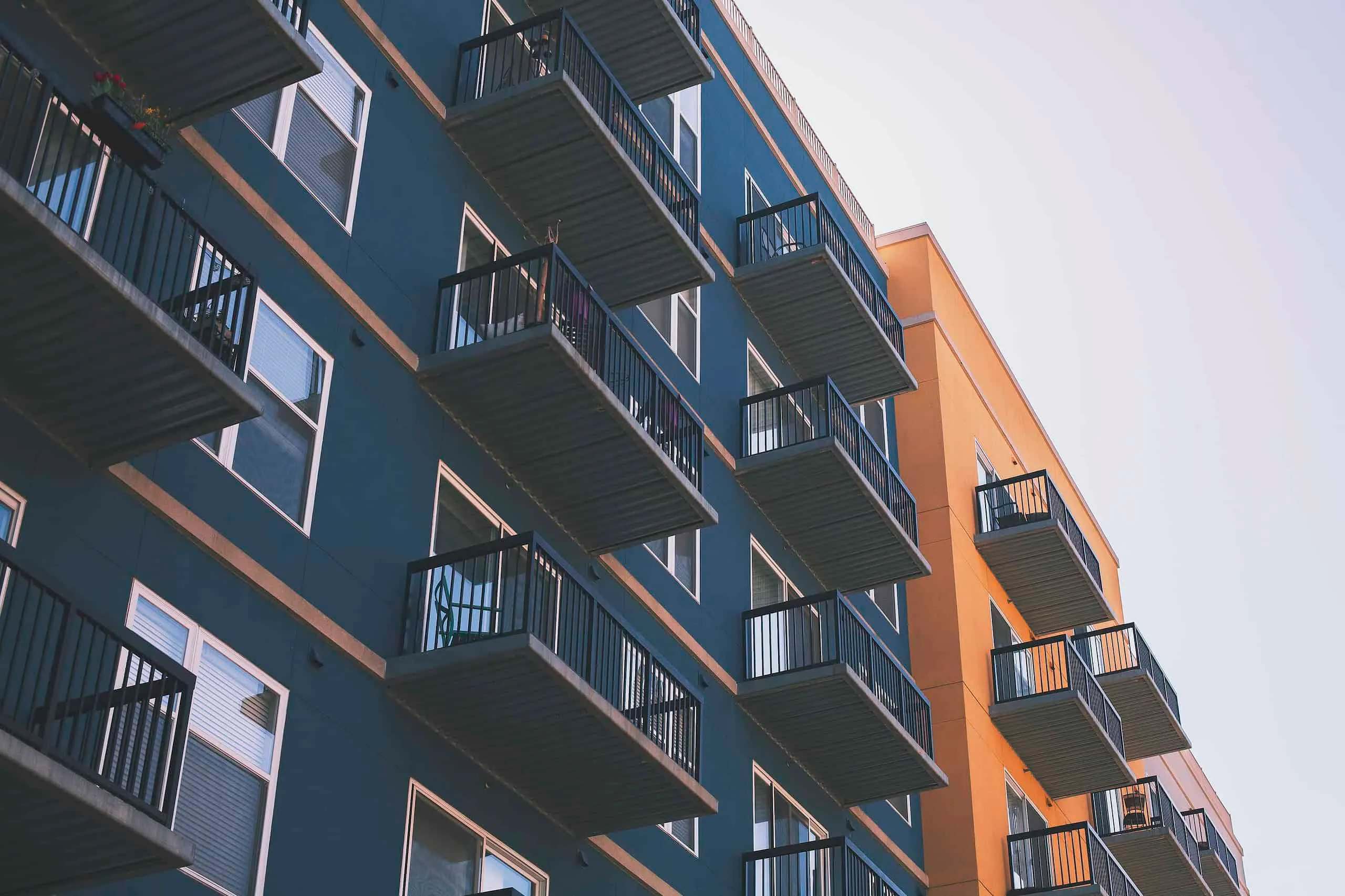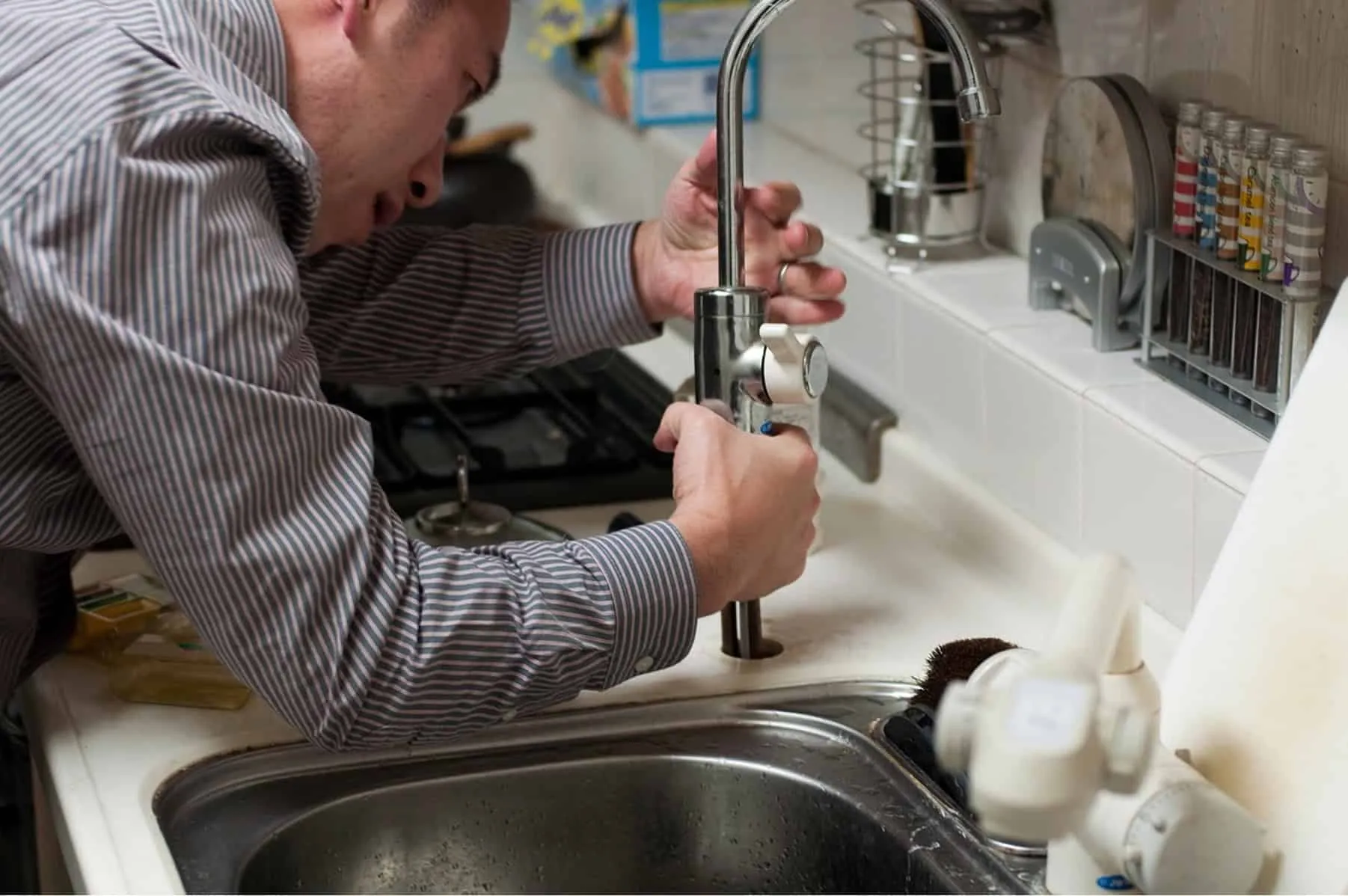How to Reduce Costs When Building a Solar Home
For many, reaching adulthood is an important milestone worth celebrating. However, along with freedom and growth that come with maturity, comes responsibility that must be fulfilled to avoid drowning in life.
Though they may seem burdensome, their value cannot be denied overall, especially when managing personal finances. Whether you are single or have a family, it's always important to find ways to reduce expenses and increase income. This is where solutions using renewable energy for residential homes become relevant.

Why Consider Renewable Energy?
As mentioned earlier, adults have many responsibilities. One of them is paying bills. After all, it's impossible to live without electricity and water in daily life. However, despite their necessity, the prices for these services often rise.
Therefore, it's easy to understand how renewable energy can help in budget planning. Keep in mind that unlike traditional energy sources, solar power is a form of renewable energy. If you live in an area where it gets very hot during summer due to the sun, then solar energy is something you should consider.
If you're unsure where to start implementing solar-based solutions, check out the following guide:
1. Explore Financial Opportunities
Although solar energy is marketed as a cheap source, the equipment and installation for building a solar home can cost at least $10,000. This may be justified in the long run but installing renewable energy into a home is a serious investment decision. Unfortunately, only few people are willing to do this due to the high cost.
The good news is that according to data from agencies such as the Office of Energy Efficiency and Renewable Energy (OEERE), the cost of solar equipment and installation has begun to decline since 2009 in some states. And it's expected that this trend will continue in the coming years. Because of this, there is hope that every family can use solar energy in the future. However, if you really want to install a system right now, ask your local utility department whether they offer loans.

2. Learn About Different Types of Solar Panels
Although they share a common goal, there are various types of solar panels with different features and technologies such as photovoltaic and solar thermal technologies. On the other hand, you can choose among these panel types:
- Monocrystalline
- Polycrystalline
- Thin-film
Each of these technologies and panel options has its own advantages and disadvantages. However, if you want to save money, consider choosing polycrystalline panels.
3. Create a Plan
Although this is beneficial for your wallet, low costs often result in lower energy output—something commonly seen with polycrystalline panels. Since they produce fewer watts, it's highly recommended to first create a plan for your home outlining all its features. Ultimately, you need all the information so that you know which parts of your home can be powered by your solar panels, especially if you've chosen a lower output option.
4. Assemble the System
Using your plan as a starting point, you need to develop an installation strategy for the panels. Once you've identified which parts of your home can be supported with low output, it's recommended to start installing the panels yourself. After all, although a solar panel system might look impressive, hiring an electrician for installation increases the cost of using solar energy.
However, if you consider installing panels outside your area of knowledge, why not try using thin-film panels? They are not only affordable but also portable. Thus, you simply need to connect the panel to a controller and link it to a battery to charge using solar power. This makes them an ideal alternative solution for a generator during power outages. Thanks to this, you can already save enough money to afford a permanent system in the future.
Is It Worth Using Solar Energy?
Meeting daily needs along with paying energy bills can deplete anyone's financial skills over time. Therefore, turning to renewable energy might be an excellent help for your home in terms of energy efficiency and finance. Of course, this requires significant upfront costs, especially during installation. Hence from this perspective, you should learn what can be done to fit it within your budget.
Need a renovation specialist?
Find verified professionals for any repair or construction job. Post your request and get offers from local experts.
You may also like
More articles:
 How to Care for Your Home Oven
How to Care for Your Home Oven How to Make a Minimalist Interior Work? Follow These Recommendations
How to Make a Minimalist Interior Work? Follow These Recommendations How to Make Your Home White at the Edge of Dreams
How to Make Your Home White at the Edge of Dreams How to Create a Beautiful Garden Path
How to Create a Beautiful Garden Path How to Make Your Multifamily Home Attractive to Tenants
How to Make Your Multifamily Home Attractive to Tenants How to Maintain and Care for Plumbing Systems: A Detailed Guide
How to Maintain and Care for Plumbing Systems: A Detailed Guide How to Make Your Bedroom Luxurious for Less Money
How to Make Your Bedroom Luxurious for Less Money HOW TO MAKE A DECORATIVE CHRISTMAS TREE FROM MOSS
HOW TO MAKE A DECORATIVE CHRISTMAS TREE FROM MOSS